Estate Planning
By planning for tomorrow, you can ensure that your estate preserves your assets. Estate planning allows us to preserve and pass on to our loved-ones all that we have earned and saved. It is the process of arranging our material assets in such a way that they pass to intended beneficiaries with as little delay, expense, and taxation as possible.
Proper estate planning can simplify and expedite the transition of assets to your heirs and ensure that your beneficiaries are recognized according to your wishes. An estate plan can help to reduce the taxes and expenses that are associated with an individual’s demise.
A common misconception is that only wealthy people need to concern themselves with estate planning. That misconception can result in significant and unnecessary costs to your estate and preventable burdens to your survivors. This type of planning not only requires someone who knows your financial situation and your focused objectives in life, but is proficient in such elements as consumer protection, tax legislation, choosing and managing your investments, retirement and estate planning and tax planning procedures.
Working with a qualified Financial Planner will assist you to ensure that your entire estate is handled in a manner in which you had personally intended. You will have peace of mind knowing that a professional has assisted you in implementing your plan.
Do you recognize any of these misconceptions?
- When I die, my spouse gets it all anyway.
- The bank knows we’re married, so the money should automatically transfer to my spouse.
- The government knows my children need that money to live on.
- I’m sure my family could collectively decide my fate or treatment if I am unable.
- My family knows what my wishes would be if I had a brain injury or if I was suffering.
Selfish or Selfless?
Estate planning is a selfless act. You are effectively organizing your financial affairs in advance of your demise. As a Financial Planner,
it is my responsibility to help you to be prepared for the financial impact that death entails.
Many people do not take advantage of fundamental estate planning strategies that can save their families and loved ones a great deal of financial and emotional heartache. An experienced advisor can assist you to reduce the burdens associated.
When is the Best Time to Plan?
The absolute best time to plan is now. It is an undisputed fact that having no plan in place can cause undo hardship to your loved ones, perhaps even to yourself should something happen to you that would no longer enable you to effectively communicate your wishes.
Age should not influence planning but rather influence different planning strategies. Distinctive procedures are implemented based upon your age and current stage in life. Some people believe to all intents and purposes that they will make time to plan when they are older, others feel that have not started early enough.
If you’re wondering if now is the best time to plan, try asking the 45-year old who survived an early heart attack or the 30-year old who had recently been diagnosed with a brain aneurysm, or simply ask anyone who has been involved in an accident. They would without doubt tell you that it is never too early to plan.
Regardless of your age, I will offer you reliable, well-informed advice that will provide fundamental estate planning strategies to coincide with your present state of affairs.


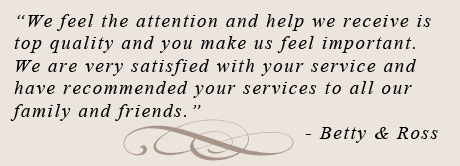
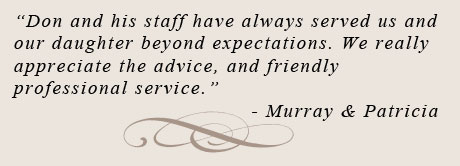

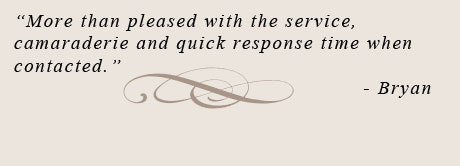
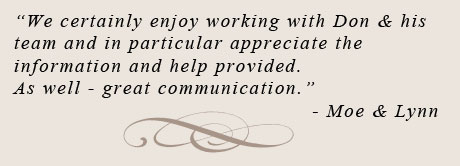
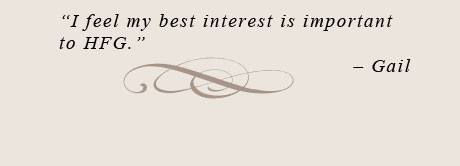
.png)
.png)